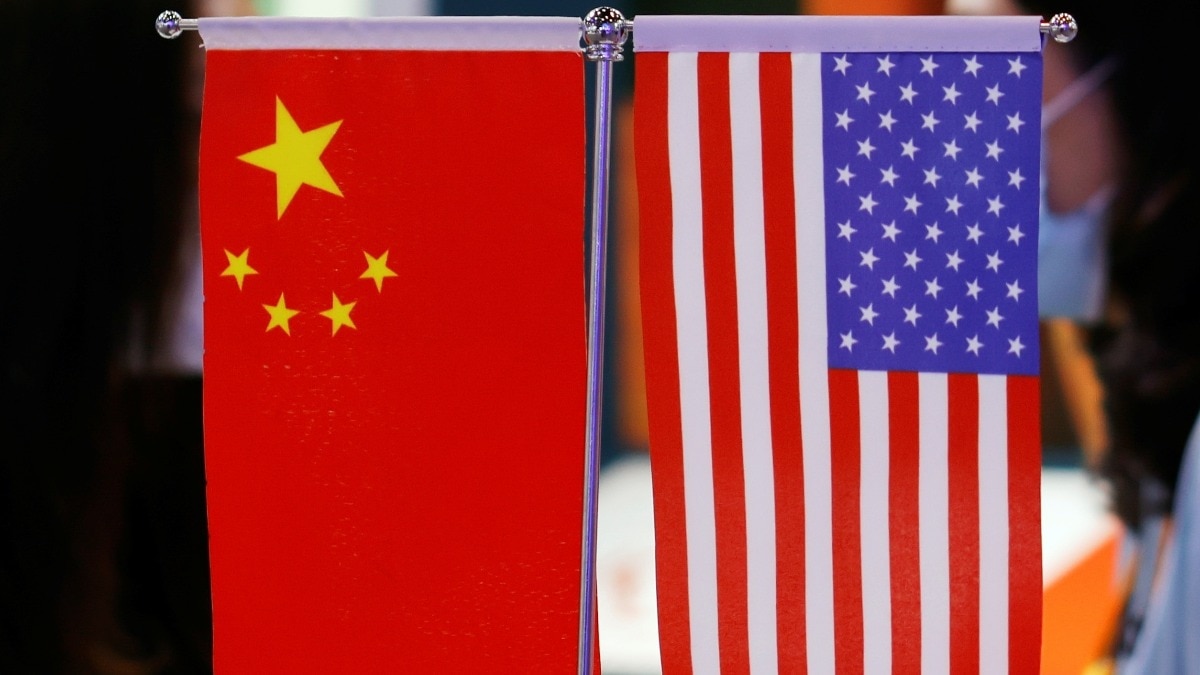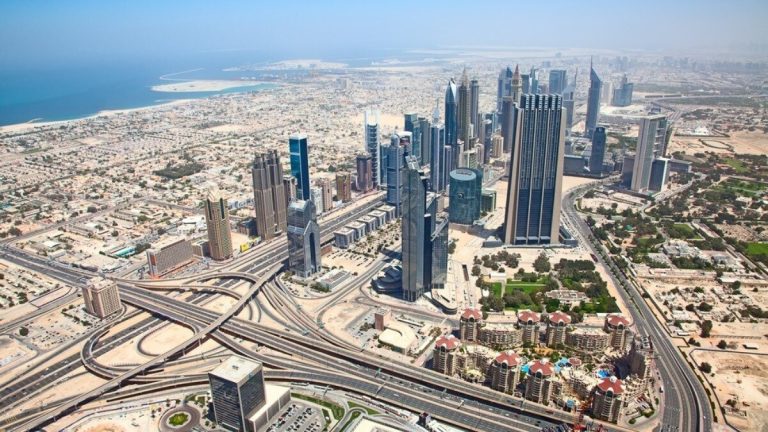The recent trade deal between the US and China will lead to de-escalation in global trade ties but India must work on improving its own competitiveness, underlined official sources on Thursday.
“It is good that that de-escalation in happening amidst countries. Trade flourishes when value chains are free,” said an official source, adding that India has to improve its competitiveness. He also noted that tariffs are still quite high on China.
“We see opportunity for India not just in terms of tariffs but also in growing our competitiveness. This has helped grow our exports over the last 10 years,” the source noted.
The US and China have decided to roll back tariffs on each other goods for a period of 90 days for now. As per the joint statement, the US will temporarily lower its tariff on Chinese goods to 30% from the earlier 145%, while China will reduce its tariffs on US goods to 10% from the earlier 125%.
Since the announcement, earlier this week, there were concerns about India’s export advantage as earlier the higher tariffs on China were seen to give a competitive edge to Indian exports.
Officials also expressed confidence over the India-US bilateral trade deal and underlined that there is no Plan B in place after the expiry of the 90-day pause on reciprocal tariffs by the US from July 8 midnight. “We have no Plan A,” said the official, indicating that the deal will be concluded at the earliest.
On the proposed retaliatory tariffs on US aluminium and steel by India at the WTO, officials said that this is not something unique or new and every country is looking to protect its own interests. “Trade issues are taken to the WTO. India has not done anything unique and has just taken a pragmatic approach,” the source noted.
On May 12, India proposed to impose retaliatory duties under the WTO (World Trade Organisation) norms against the US over American tariffs on steel and aluminium in the name of safeguard measures. “The safeguard measures would affect USD 7.6 billion imports into the US of the relevant products originating in India, on which the duty collection would be USD 1.91 billion,” a WTO communication said.







